The truth about insects: 'The UK far from being the green and pleasant land of our imagination, is one of the most Nature-depleted countries in the world'
If we woke up one day and there were no bees left, people would pay attention. Yet the steady eradication of our life-giving insects is no less horrifying, points out George McGavin.

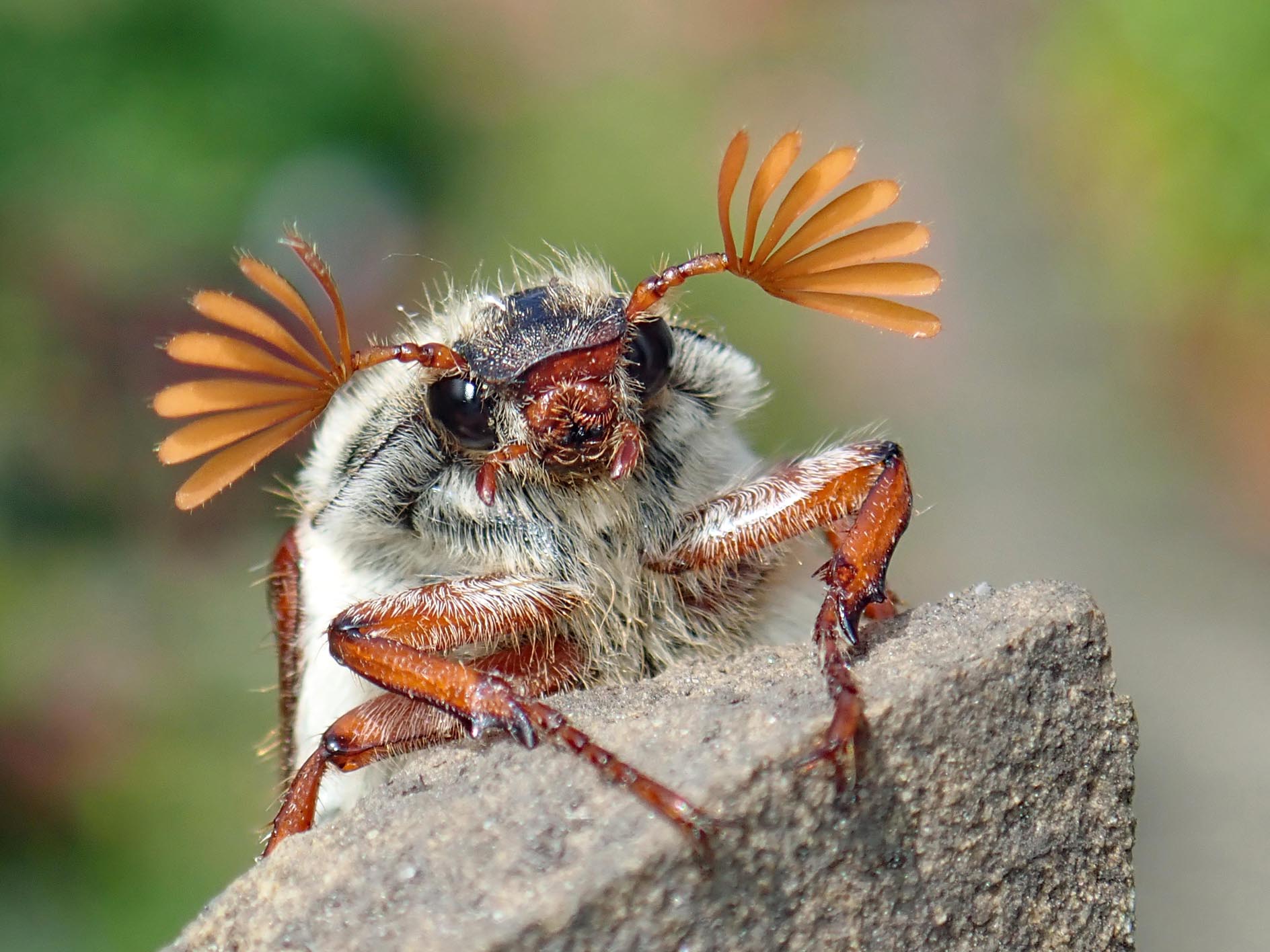
Exquisite houses, the beauty of Nature, and how to get the most from your life, straight to your inbox.
You are now subscribed
Your newsletter sign-up was successful
Pull back the bark of a rotting log, examine a handful of soil or simply sit quietly and gaze at the comings and goings in a patch of wildflowers. Whatever you are looking at is not trivial — it is a very important part of the biological mechanism of life on Earth. The small creatures you see scurrying and flitting about are the lifeblood of the landscape, the vital organisms that make the natural world work, and we would do well to pay them more attention. Insects first appeared on land more than 400 million years ago and, today, make up the vast majority of species on our planet. They are the creatures that do the ecological heavy lifting — without insects, it would be hard to see how complex ecosystems could have evolved.
It may come as a surprise that all the herbivorous vertebrates on Earth are completely out-munched, perhaps by a factor of 10 to one, by myriad tiny mandibles and that insects consume many times more animal flesh than all the sharp-clawed and toothed vertebrate carnivores put together. Indeed, ants alone constitute the largest biomass of carnivorous animals in any habitat you care to name, whether it be the savannahs of Africa or your back garden. If any of this sounds implausible, consider that, although insects are individually small, there are an awful lot of them.
Insects also pollinate the vast majority of the world’s quarter of a million or so species of flowering plants. This particular version of ‘I’ll scratch your back if you scratch mine’ has been around for about 100 million years and has generated a rich diversity of species. Twenty thousand species of bee are, to a very large extent, responsible for the continued survival of flowering plant life, which includes a very long list of the things we eat — fruit and vegetables from pumpkins, plums and peas to cherries, cucumbers and cocoa.
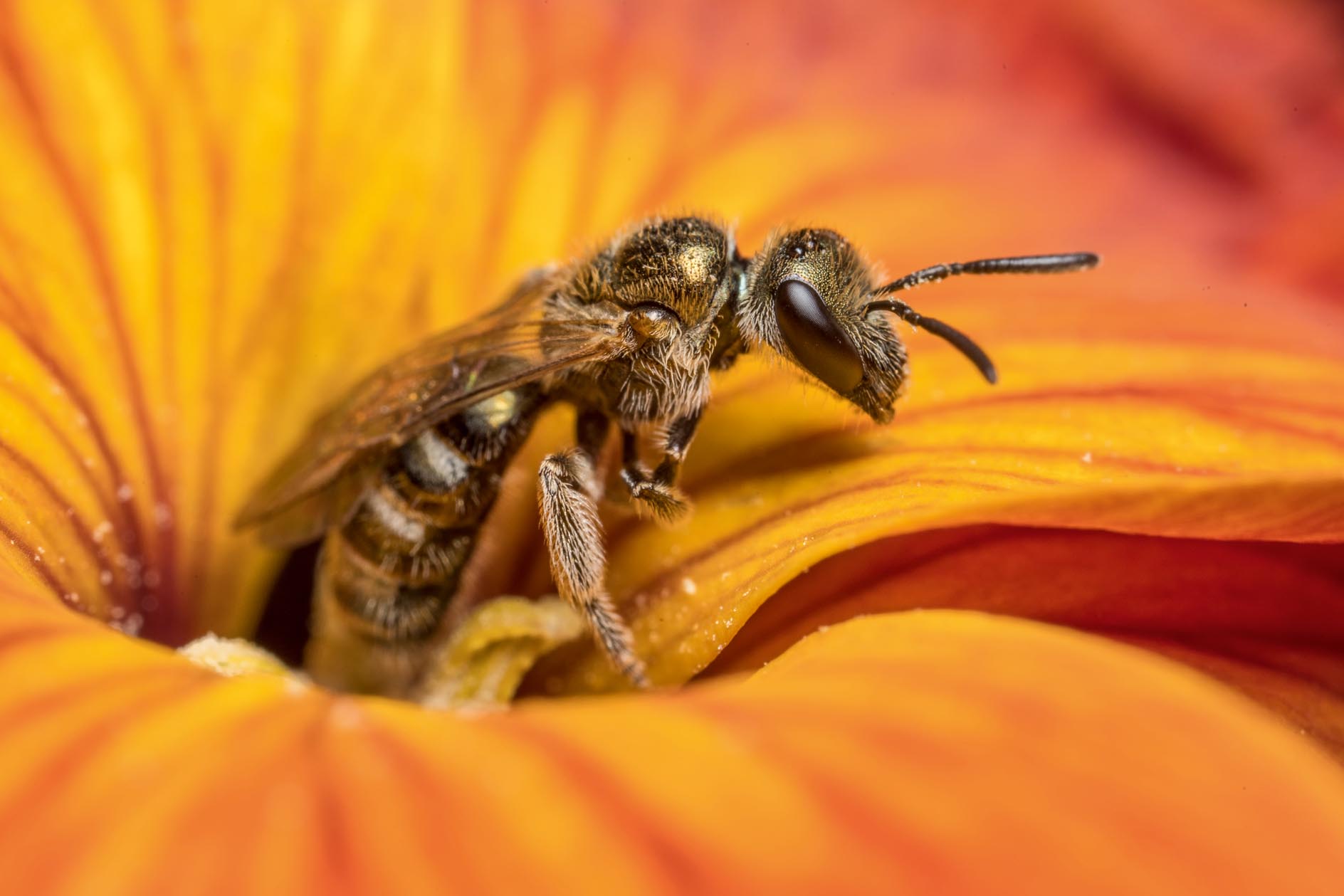
Equally important is the fact that insects are, quite simply, the food of the world. Most birds and bats, as well as an entire host of other vertebrate species, depend entirely on eating prodigious amounts of insects and without a dependable supply of six-legged snacks there would be serious knock-on effects. And don’t forget the specialist recyclers, the flies and beetles, which clear up dung and dispose of the dead. There’s no escaping the fact that, if you want to understand how the natural world really functions, you need to know about insects. All the world’s vertebrates, from aardvarks to zebras, really don’t compare — and, in any case, they only make up some 3% of all species.
A primary-school teacher once wrote on my end-of-term report card that I could be distracted by a passing fly. She was absolutely correct, but not for the reasons she imagined. I am delighted to say that flies and other insects have distracted me ever since my school days, although it has to be said that these distractions are getting harder to come by.
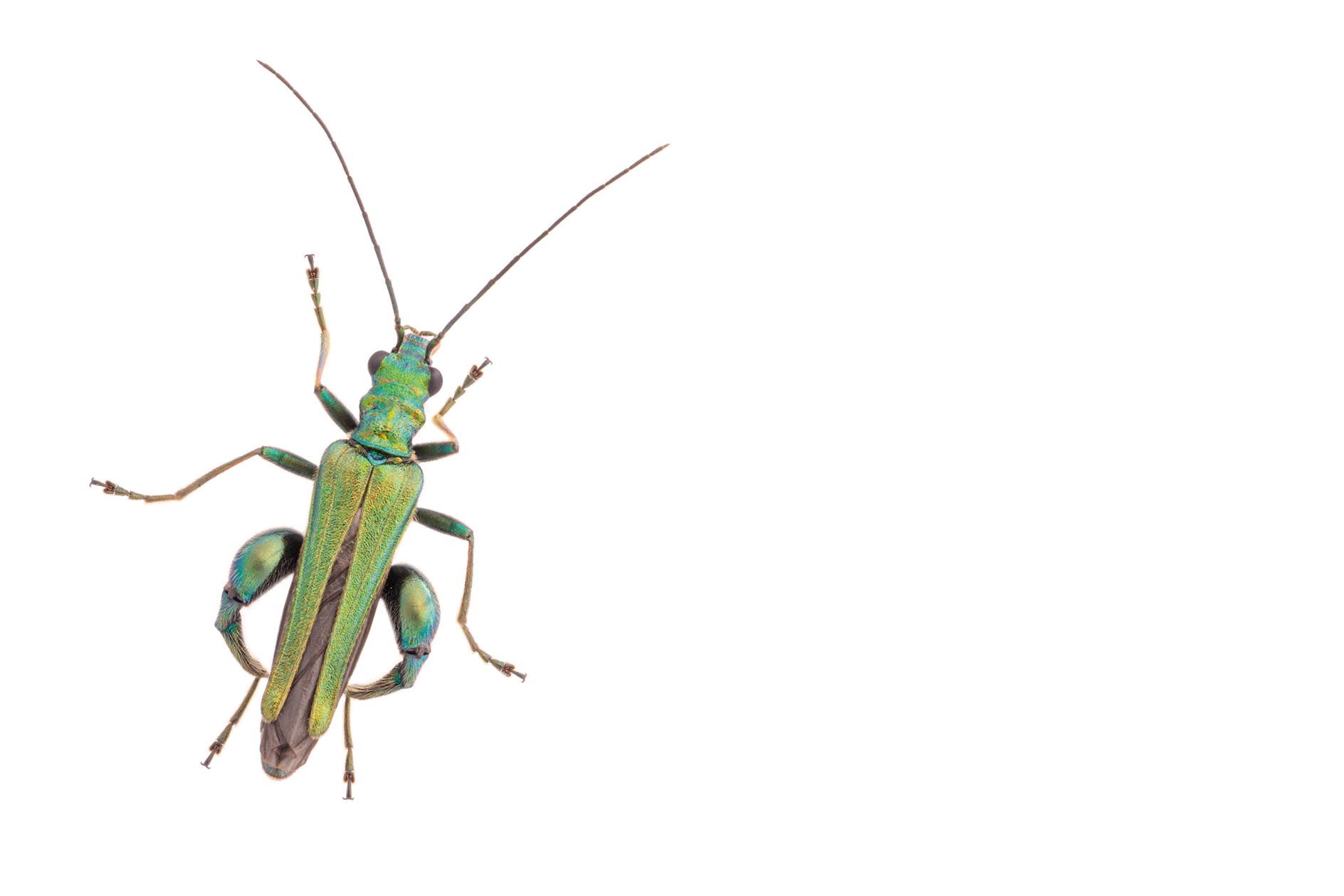
You would be rightly shocked to learn that the UK, far from being the green and pleasant land of our imagination, is one of the most Nature-depleted countries in the world. We are at the bottom of the class or, put another way, we are world leaders in how not to look after the environment. We have lost much of our forest. We have lost nearly all of our wildflower meadows. We are still extracting peat that should be left exactly where it is, locking carbon away, and we are encroaching year by year on whatever natural habitat still survives on these islands.
In the face of intensive farming practices, the growth of transport and the sprawl of urban development, wild places and the species that live in them have suffered conspicuous declines. Anybody over the age of 50 or 60 will remember how, especially during the summer months, the splattered remains of insects would cover car windscreens and headlamps to the extent that a certain amount of vigorous scraping was required to remove them. There has been a very significant change since then, but it has taken place so gradually that no one realised what was happening. This effect is known as shifting-baseline syndrome.
Exquisite houses, the beauty of Nature, and how to get the most from your life, straight to your inbox.
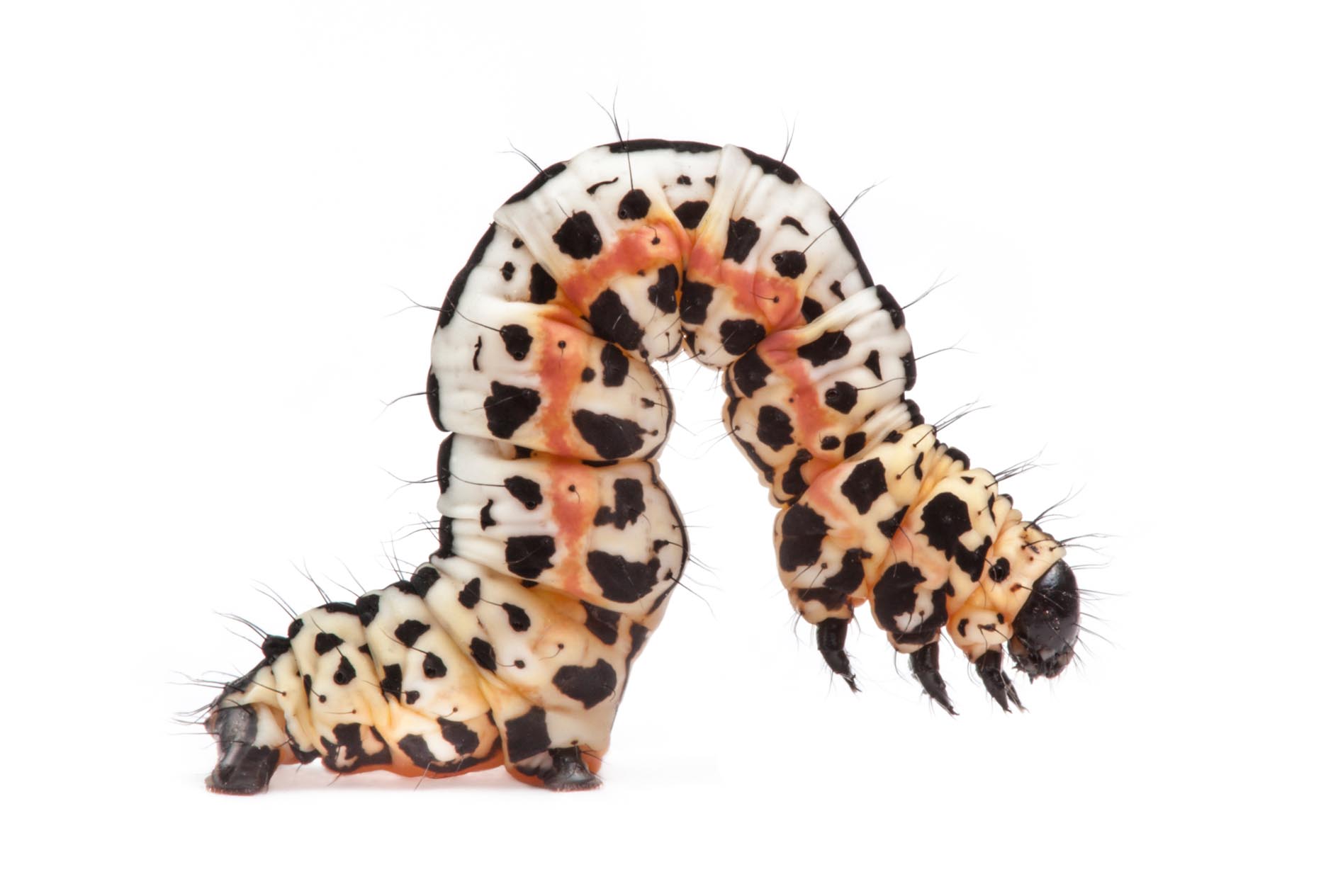
When things are abundant, we can’t imagine a time when this might not be the case. If next spring arrived and there were no bees at all, people would sit up and pay attention. But a slow, steady reduction will not ring any alarm bells. The numbers could drop by half or more, but, as long as it happens gradually, it is easily missed. Year by year, the baseline shifts imperceptibly to the left and becomes the ‘new normal’.
There are simply far fewer insects flying about now than there were when I was a boy and this is due to the fact that there is a lot less natural habitat — less wilderness in which insects and the rest of Nature can thrive. What land we have taken for intensive agriculture is regularly doused with pesticides hundreds of times more powerful than those that went before and were eventually banned. Road verges are mowed and sprayed; hedges, themselves vital wildlife corridors joining our fragmented countryside, are assaulted with mechanised flails.
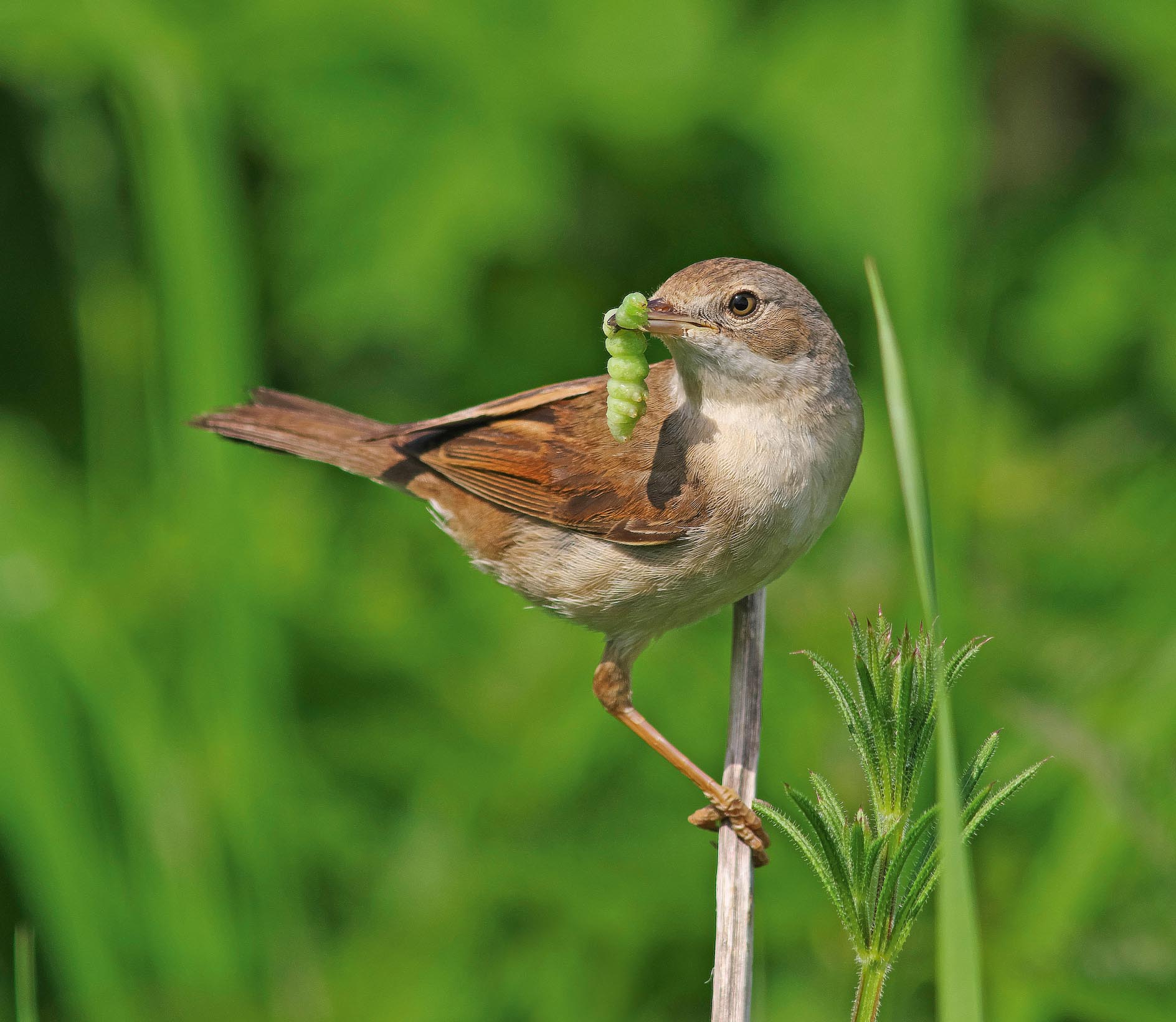
Even in our gardens — which, in England, cover more than five times the area of all our National Nature Reserves put together — there may be little respite for our beleaguered insect fauna because of decking, stone chippings, cultivated flowers with nothing much to offer bees in the way of food and, worst of all, artificial grass laid to form a sterile simulacrum of a garden. You can even buy shampoo to clean your ersatz lawn and you can spray it with a synthetic, grass-like odour, so you can enjoy that freshly cut fragrance. I would much rather lie among the wildflowers of a meadow, listening to the buzz and murmur of insects, than sit in a manufactured mockery of Nature. A garden without insects is a thoroughly joyless and dispiriting place.
If I was to impart one single idea to you, it would be that, if ecosystems are suitable for a rich diversity of insects to exist, they will be absolutely ideal for most other species as well — ourselves included. The Earth isn’t ours alone. We are newcomers on a planet made and maintained by insects. It is said that Buddha found enlightenment sitting under a fig tree, but I find it every time I watch insects and I hope you will, too.
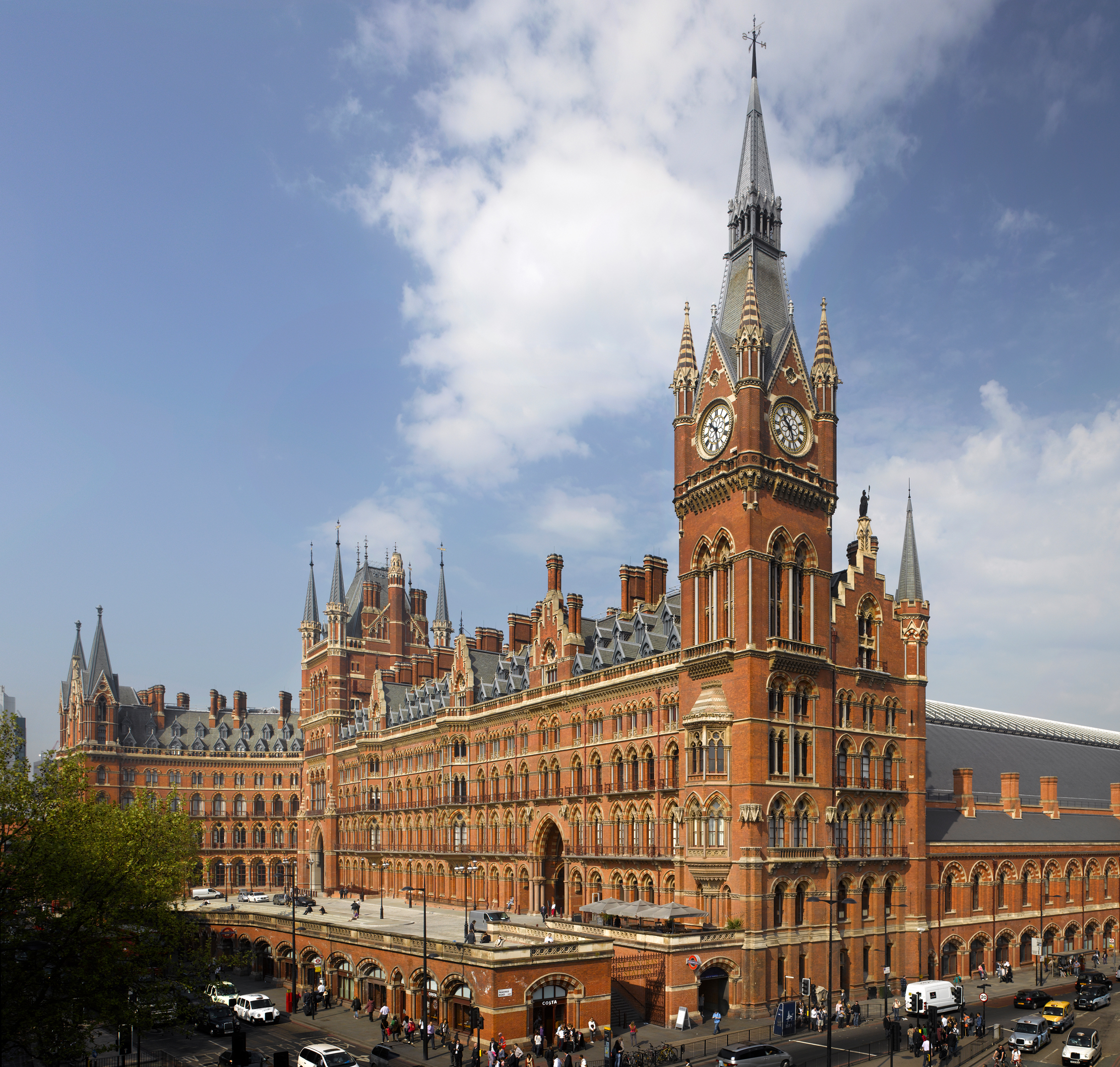
The immaculate restoration of the once-despised architecture of St Pancras station
'If the present popularity of the long-despised station would have struck our fathers and grandfathers as surprising, more surprises should
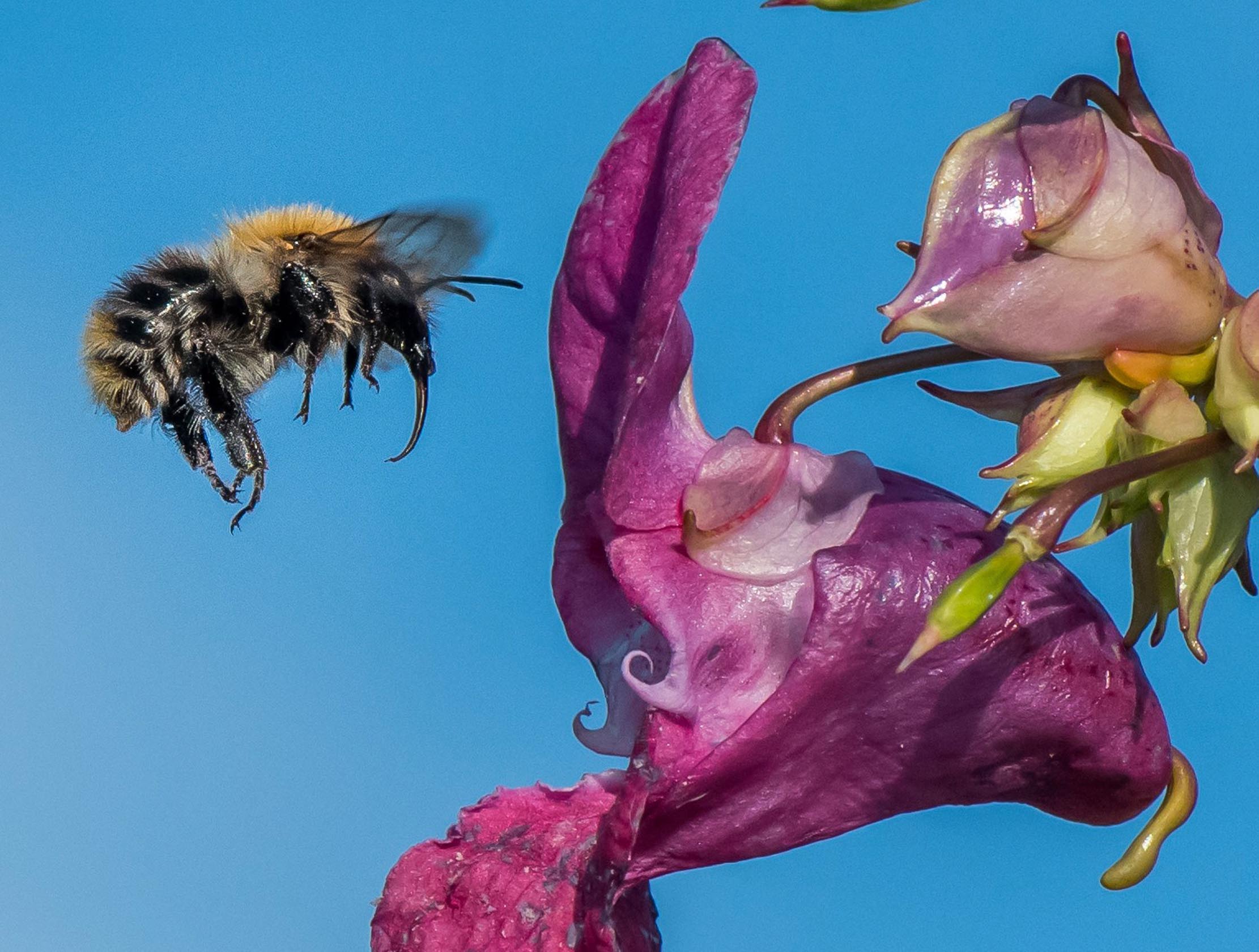
Avoiding the Insect Apocalypse: 'Love them or loathe them, we need insects'
Naturalist and author Dave Goulson explains the shocking drop in insect numbers, and explains what we can do to help
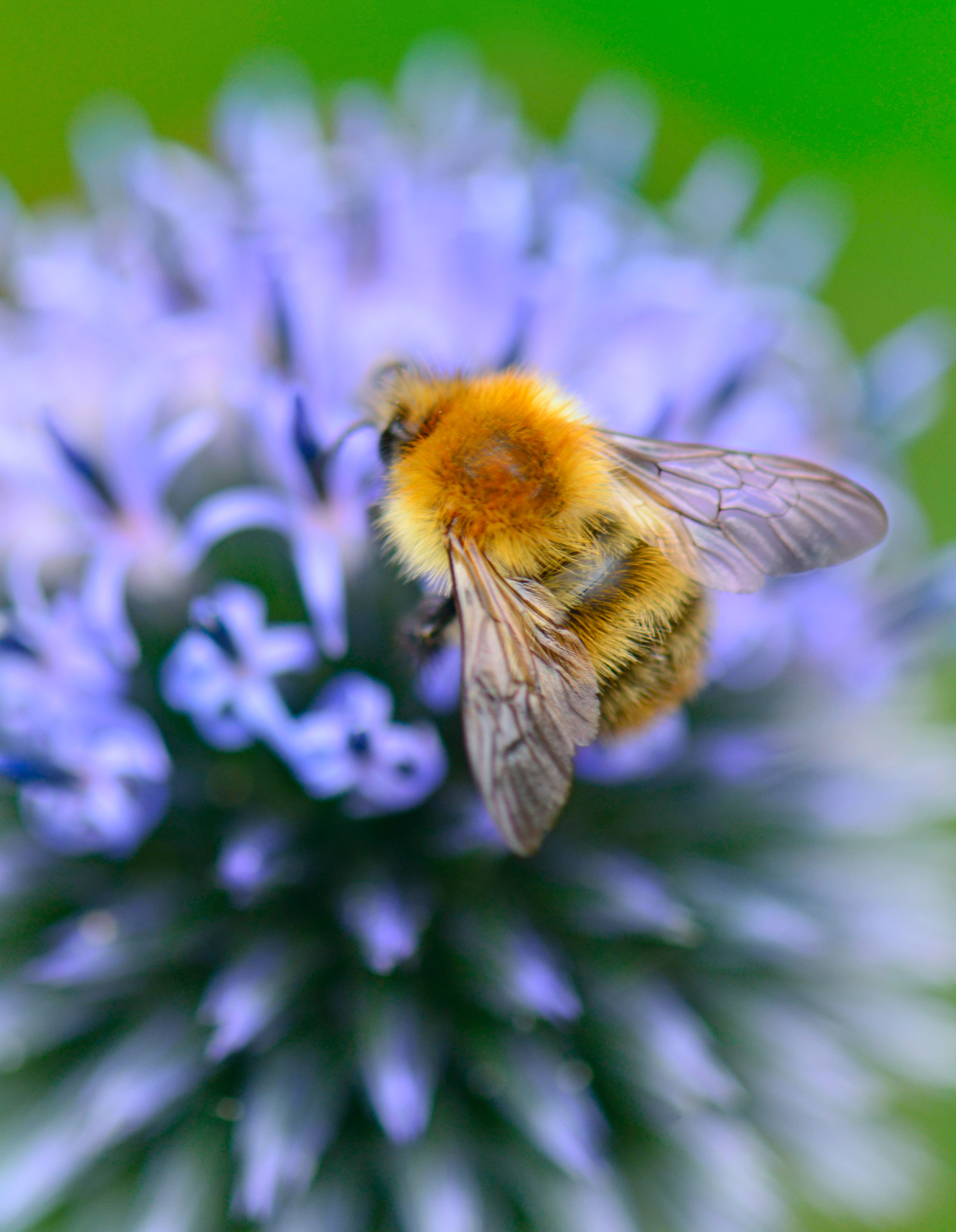
The secret life of bumblebees: Fighting queens, pollinating tomatoes, and the males who 'stay out all night, get drunk on nectar and look for sex'
Did you know there’s only one insect capable of pollinating tomato plants — and that the insect in question is

Credit: Alamy
The truth about bees: 'I'm a hopeless fan... but plants are cleverer than insects. They have to be.'
Charles Quest-Ritson looks at the fascinating interplay of plants and their pollinators, explaining how what really goes on in your
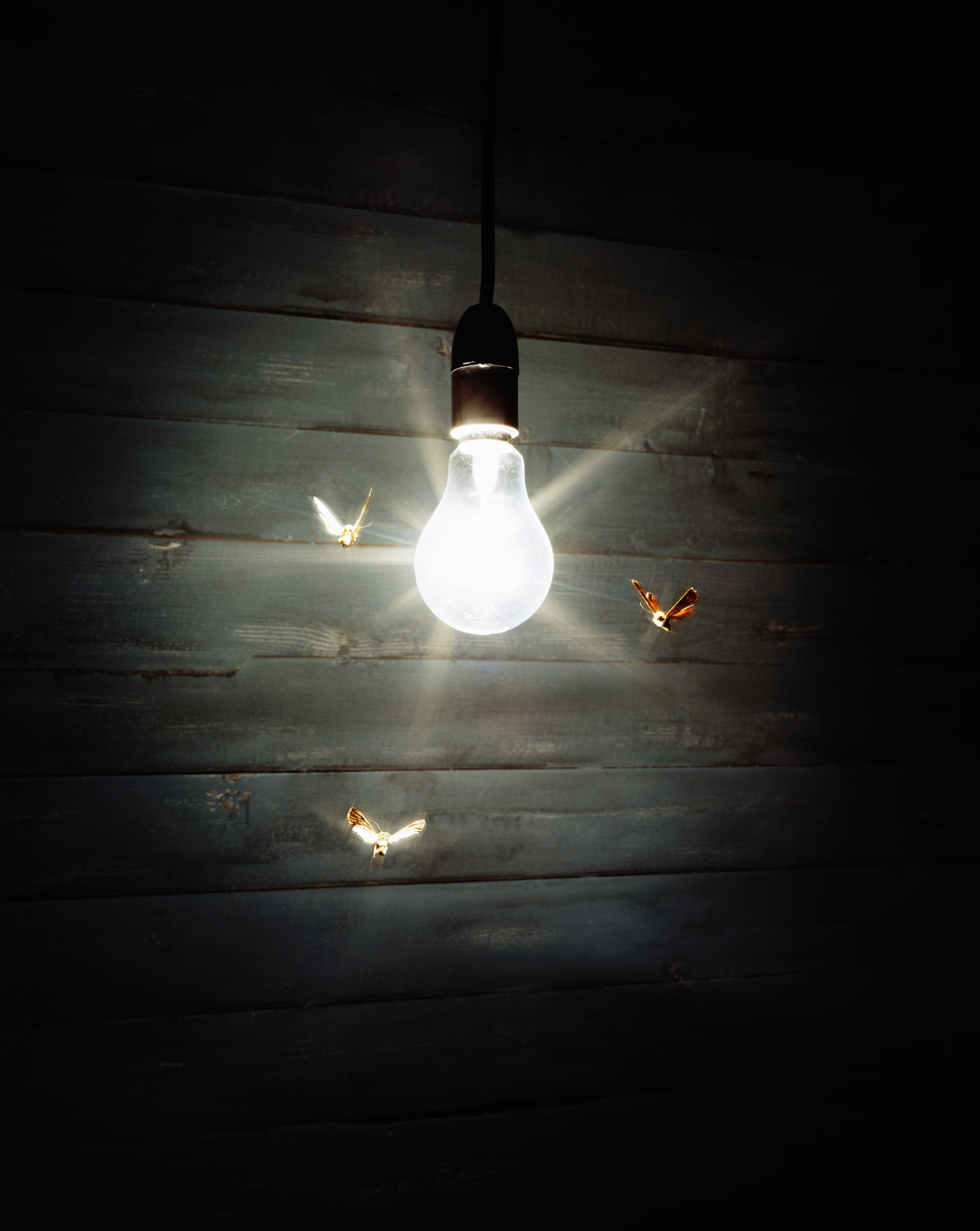
Credit: Getty
Are we facing 'Insectmageddon' or is it too soon to worry? Experts split over latest bug research
There's good news and bad news from the insect world in two recent reports that paint different pictures of the
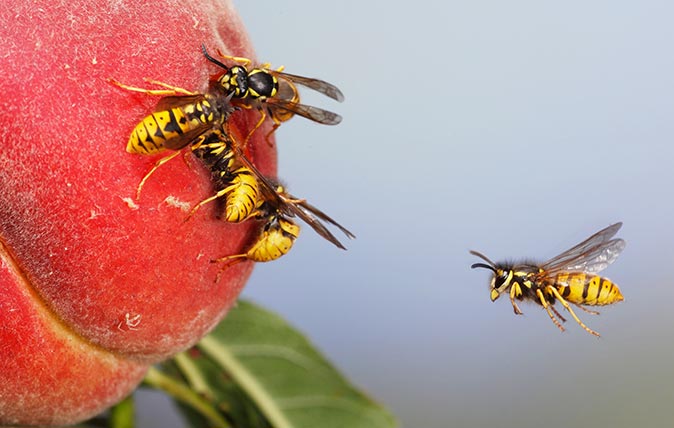
Why you should be delighted to have wasps in your garden, and nine other things to know about wasps
Wasps or ‘jaspers’ may have been plaguing picnics since time immemorial, but they’re actually industrious destroyers of insect pests, says
Country Life is unlike any other magazine: the only glossy weekly on the newsstand and the only magazine that has been guest-edited by His Majesty The King not once, but twice. It is a celebration of modern rural life and all its diverse joys and pleasures — that was first published in Queen Victoria's Diamond Jubilee year. Our eclectic mixture of witty and informative content — from the most up-to-date property news and commentary and a coveted glimpse inside some of the UK's best houses and gardens, to gardening, the arts and interior design, written by experts in their field — still cannot be found in print or online, anywhere else.
